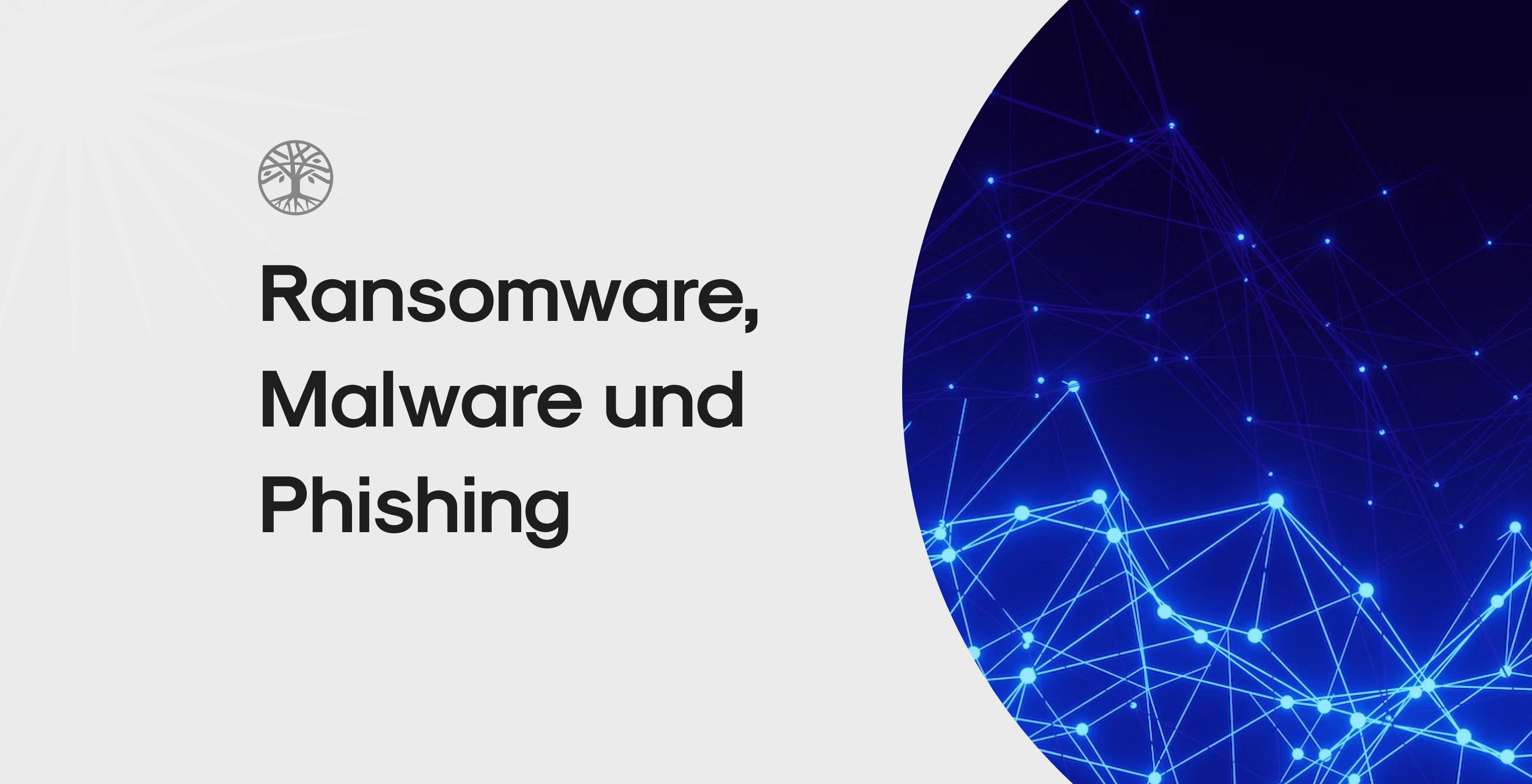Protection Against Cyberattacks: Ransomware, Malware, and Phishing – What Businesses Need to Know
In today’s digital world, businesses face an increasing number of cyberattacks that threaten their data, infrastructure, and financial stability. Three of the most common threats businesses encounter are ransomware, malware, and phishing. These attacks, often spread through emails or insecure websites, can have devastating effects. But how do these threats differ, and how can businesses effectively protect themselves?
What Are Cyberattacks?
Cyberattacks encompass all unauthorized attempts to disrupt, damage, or gain access to computers, networks, or systems. They often target sensitive information and exploit vulnerabilities in security infrastructure. Common forms of cyberattacks include ransomware, malware, phishing, and denial-of-service (DoS) attacks. These attacks can lead to financial losses, reputational damage, and legal consequences, making it crucial for businesses to adopt proactive security measures, such as professional IT security consulting.
Ransomware: Encryption and Extortion
Ransomware is a particularly dangerous type of malware that encrypts files on an infected system and demands a ransom to restore access. Attackers typically request payment in cryptocurrency to provide the decryption key. These attacks are especially harmful because they leave businesses with a tough choice: pay and hope for recovery or forgo decryption and lose data.
Preventing Ransomware:
- Be cautious when opening emails and attachments from unknown senders.
- Keep your operating system and software up to date to close security gaps.
- Use reputable antivirus software and regularly back up your data.
Malware: Malicious Software That Causes Damage
Malware is a collective term for malicious software designed to harm computers and networks. It can steal personal data, disable systems, or even take control of computers. Malware often spreads through email attachments or insecure downloads.
Protecting Against Malware:
- Install and update antivirus software regularly.
- Be cautious with unknown files and links.
- Conduct regular security checks and updates.
Phishing: Deception Through Fake Messages
Phishing is a form of online fraud where criminals impersonate trusted organizations or individuals to steal sensitive information like passwords, credit card details, or business secrets. These attacks often occur via email, with attackers attempting to lure recipients into clicking harmful links or revealing confidential information.
Avoiding Phishing:
- Watch for suspicious emails and verify the sender's address.
- Avoid clicking on links or opening attachments from unknown senders.
- Implement robust email filters and anti-phishing tools.
The Difference Between Ransomware, Malware, and Phishing
While these three threats are often confused, there are key differences:
- Ransomware encrypts files and demands a ransom for decryption.
- Malware includes a variety of malicious software types that cause different damages, from data theft to system takeovers.
- Phishing is a social engineering technique where attackers deceive victims into revealing confidential information.
How Businesses Can Protect Themselves Against Cyberattacks
Preventing cyberattacks requires a multi-layered approach. Here are some essential measures businesses should adopt:
- Employee Training: Cybersecurity awareness training is crucial to educate employees about phishing attacks and suspicious activities.
- Two-Factor Authentication: Implementing two-factor authentication significantly reduces the risk of unauthorized access to systems.
- Regular Software Updates: Security vulnerabilities in software and systems must be addressed promptly to prevent exploitation.
- Data Backup: Regular backups are essential to recover data in the event of a ransomware attack.
- Use of Antivirus Software and Firewalls: These tools help detect and block threats before they cause harm.
Website Security as a Key Factor
A major focus of our services is website security. Cyberattacks and vulnerabilities on websites can have severe consequences, from data loss to reputational damage. Our security assessments identify weaknesses and provide tailored solutions to protect your website effectively.
Additionally, we support you with comprehensive IT security consulting that not only targets current threats but also develops long-term strategies for your cybersecurity.
Conclusion
The threat of ransomware, malware, and phishing is real, but with the right precautions, businesses can effectively protect their systems and data. It is important to implement not only technical solutions but also foster a culture of vigilance and cybersecurity awareness.
The North IT Group offers tailored solutions to protect your business from these threats and help you operate securely and efficiently. Contact us today to learn how we can enhance your website security and IT infrastructure.
We also assist you in securing your entire IT infrastructure through preventive measures such as firewalls, regular updates, and penetration testing. Our comprehensive consulting services ensure that you are not only prepared for current threats but also well-positioned for long-term security.
Want to learn more about our security solutions? Contact us today to find out how we can protect your business from cyberattacks.
Image source: North IT Group



